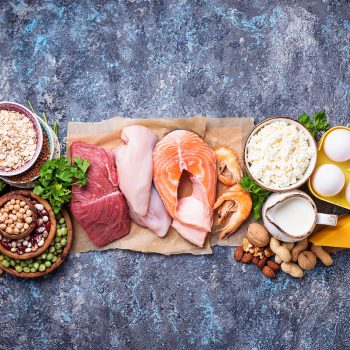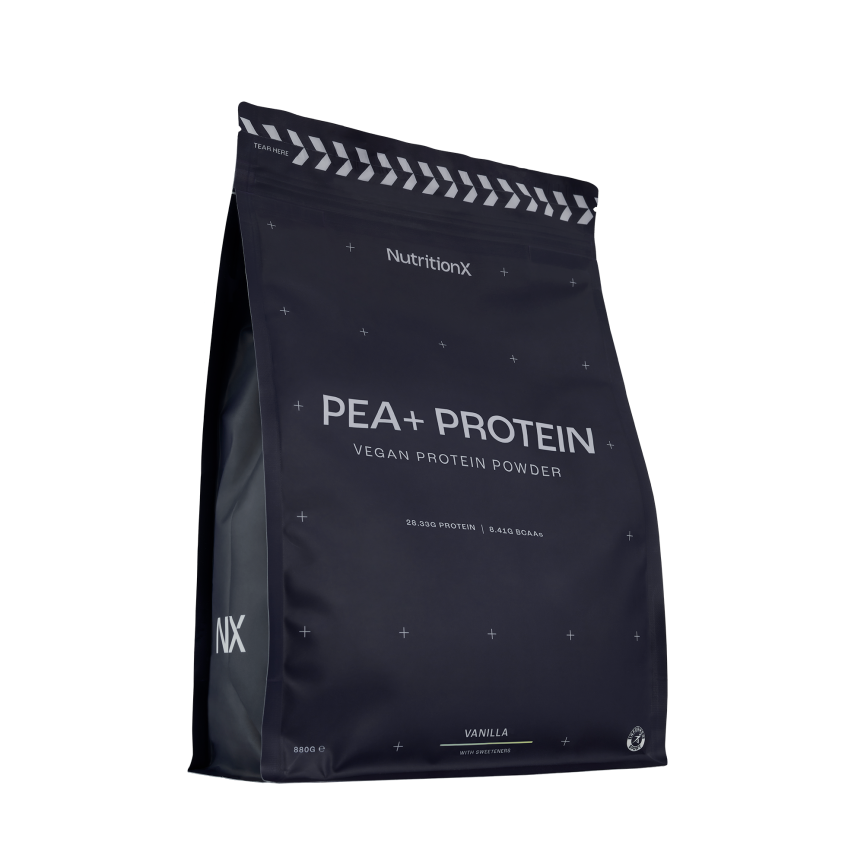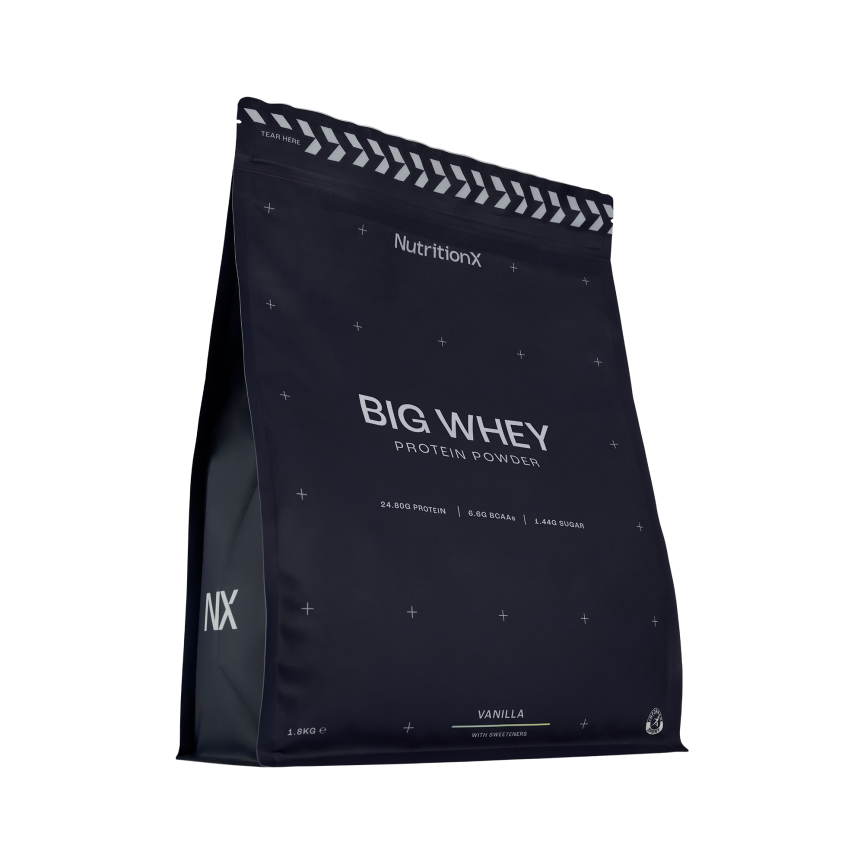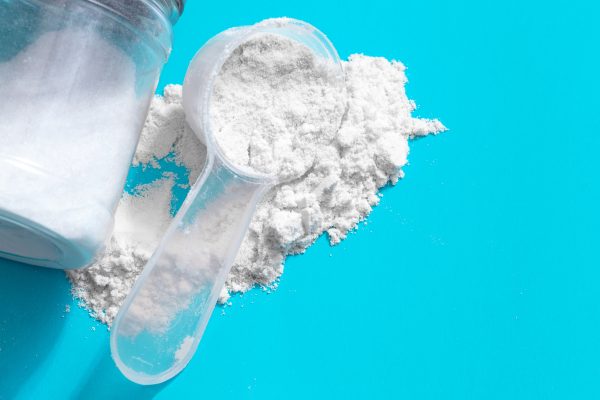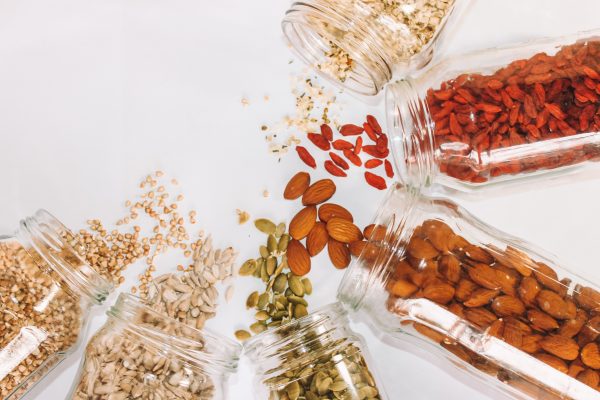Protein is an essential nutrient in the diet and getting enough protein is important for everyone; especially athletes. But why does it play such a key role? Here, we give you all the need-to-knows on this essential nutrient, discussing its importance for the body, athletic performance and practical ways to achieve protein targets
What does protein do?
Protein makes up the structure of cells and tissues in the body, including muscle tissue. Although the majority of energy comes from carbohydrates and fat during exercise, protein may also contribute to fuelling exercise.
Why is protein important for the body?
Protein is needed for the growth and formation of new tissue, and it also helps to repair any muscle fibres that may have been damaged through exercise. As well as this, protein plays a role in making various enzymes and hormones - such as adrenaline – whilst also maintaining fluid balances in tissue when transporting important nutrients around the body and regulating blood clotting.
How does protein intake impact performance and recovery?
It is well researched that consuming protein after exercises increases post-training adaptation and can help to enhance performance for both strength and endurance exercise. However, how much protein you consume in a serving is an ongoing debate in research. Most believe that 0.25g per kilogram of body weight or 20g-40g of protein should be consumed at each meal or snack.
For athletes, it’s recommended that between 1.4g and 2g of protein per kilogram of body weight are consumed per day in order to give your body what it needs to repair any damaged muscle fibres and improve recovery.
What foods are good sources of protein?
Amino acids are building blocks of proteins that are combined in many ways to make a protein. There are nine ‘essential’ amino acids that must be provided by the diet. It is the amount of these essential amino acids that determine the usefulness of the protein in the body.
High quality / complete proteins contain high levels of essential amino acids. Meat, dairy, eggs and soya are all examples of high quality/ complete proteins. However, plant sources such as beans, lentils, nuts, grains and seeds are protein sources that lack in one or more essentials amino acids. To make these sources ‘complete’, it is advised to combine plant sources in order to make up the amino acid profile; eg. a portion of beans and rice.
Milk-based proteins, such as whey and casein, have been shown to promote greater protein uptake in the muscle and should therefore be seriously considered as supplements by athletes across many disciplines. These are the bases of our two best-selling protein shake formulas; Big Whey (whey) and Nighttime Protein (casein).
Practical Tips on Protein Intake
Both large gaps during the day without protein and not consuming enough protein are common issues among athletes. As mentioned, protein should be evenly spread throughout the day with 20g per meal and particularly post-exercise. Here are some easy go-to foods that can help you achieve these targets:
- Eggs- depending on size, contains around 5-7.5g of protein
- Greek Yogurt- 200g contains around 20g of protein
- Fish – 100g salmon contains around 22g of protein
- Halloumi – 50g contains around 20g of protein
- Mozzarella – ¼ ball contains around 6g of protein
- Steak- 75g steak contains around 23g of protein
- Turkey – 100g contains around 25g of protein
- Chickpeas – ½ tin contains around 9g of protein
- Quorn – 1/3 bag contains around 14.5g of protein
- Soy milk – 300ml contains around 7g of protein
- Quinoa (uncooked) – ¼ cup contains around 7g of protein



